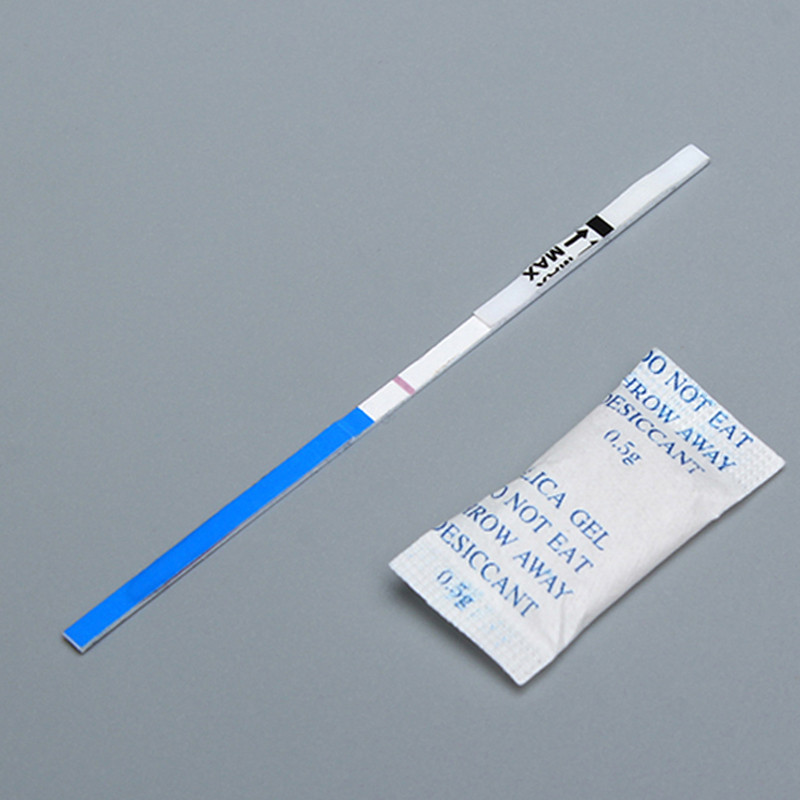Oct . 11, 2024 11:50 Back to list
Exploring the Use of Plastic Cassettes in Pregnancy Testing Solutions
The Intersection of Pregnancy Testing and Plastic Cassette Technology
In contemporary society, pregnancy testing is an essential aspect of reproductive health, enabling individuals to manage their reproductive choices effectively. The evolution of pregnancy testing methodologies has witnessed significant advancements over the years, from traditional methods to highly sensitive and user-friendly designs. One such innovation in this arena is the use of plastic cassette technology for home pregnancy tests, leading to greater accessibility and reliability.
Understanding Pregnancy Tests
Pregnancy tests work by detecting the presence of the hormone human chorionic gonadotropin (hCG) in a person's urine. This hormone is produced shortly after a fertilized egg attaches to the uterine lining, typically around six days after conception. Home pregnancy tests (HPTs) allow individuals to determine early signs of pregnancy, facilitating informed decisions regarding their health and family planning.
The Role of Plastic Cassette Technology
Plastic cassettes used in pregnancy tests represent a significant advancement in testing technology. These cassettes are designed for ease of use, reliability, and efficiency. Unlike earlier glass or paper tests, modern plastic cassettes offer several advantages
1. Durability Plastic is resistant to breakage and environmental damage, making these tests more reliable in various situations, whether at home or on the go.
2. Precision The design of plastic cassettes allows for precise control of the material used for absorbing urine and the subsequent reactions. This contributes to improved accuracy in reading results.
3. Ease of Use Most plastic cassettes are user-friendly, featuring simple instructions and clear visual indicators for results. This simplicity minimizes the risk of user error, making it easier for individuals to perform the test without assistance.
4. Cost-Effectiveness The production of plastic cassettes is typically less expensive than other materials, which translates to affordable testing options for consumers. This accessibility is crucial, especially in areas where healthcare resources are limited.
5. Rapid Results Many plastic cassette tests are designed to deliver results within minutes. This quick turnaround time is vital for individuals seeking to make timely decisions about their reproductive health.
pregnancy plastic cassette

The Importance of Reliable Testing
Reliability is paramount when it comes to pregnancy testing. False positives or negatives can have significant emotional and psychological implications for individuals. Innovations like plastic cassettes have contributed to an overall improvement in accuracy by incorporating advanced scientific techniques, such as lateral flow immunochromatography. This method ensures that the hormones in urine are accurately detected, thus providing more reliable results.
The Impact on Society
The advent of plastic cassette pregnancy tests has profound societal implications. By offering reliable and accessible testing options, individuals are empowered to take control of their reproductive health. This technology has become especially important in regions where access to healthcare services is limited, allowing people to test for pregnancy in the privacy of their homes.
Furthermore, the increased accessibility of pregnancy tests has contributed to a broader dialogue about reproductive health. Discussions surrounding family planning, conception, and pregnancy are becoming less stigmatized, encouraging individuals to seek resources and support.
Future Innovations
As technology continues to advance, the future of pregnancy testing holds exciting possibilities. Researchers and manufacturers are increasingly exploring smart technology, including connectivity features that allow tests to provide results via mobile applications. This could revolutionize the way individuals manage their reproductive health by incorporating data tracking, reminders, and personalized health information.
Additionally, there is a growing interest in sustainable materials for producing plastic cassettes, mitigating environmental concerns associated with single-use plastics. Striking a balance between functionality and environmental responsibility will be vital in the industry's future.
Conclusion
The intersection of pregnancy testing and plastic cassette technology represents a significant leap forward in reproductive health management. These innovations not only enhance the reliability and accessibility of home pregnancy tests but also empower individuals to take charge of their health decisions. As technology continues to evolve, the future promises even more advancements that will reinforce the importance of informed reproductive choices in our society.
-
Malaria Pf Ag Rapid Test Kit - Quick & Accurate Detection
NewsAug.11,2025
-
Accurate Cardiac Marker CK-MB Rapid Test for Quick Results
NewsAug.10,2025
-
Premium Empty ABS Plastic Cassette for Test Strips
NewsAug.09,2025
-
Sterile Urine Cup: Accurate Specimen Collection for Labs & Home
NewsAug.08,2025
-
Malaria Pf/Pan Ag Rapid Test Kit for Fast, Accurate Diagnosis
NewsAug.07,2025
-
Rapid Canine Corona Test: Fast & Accurate Results
NewsAug.06,2025

